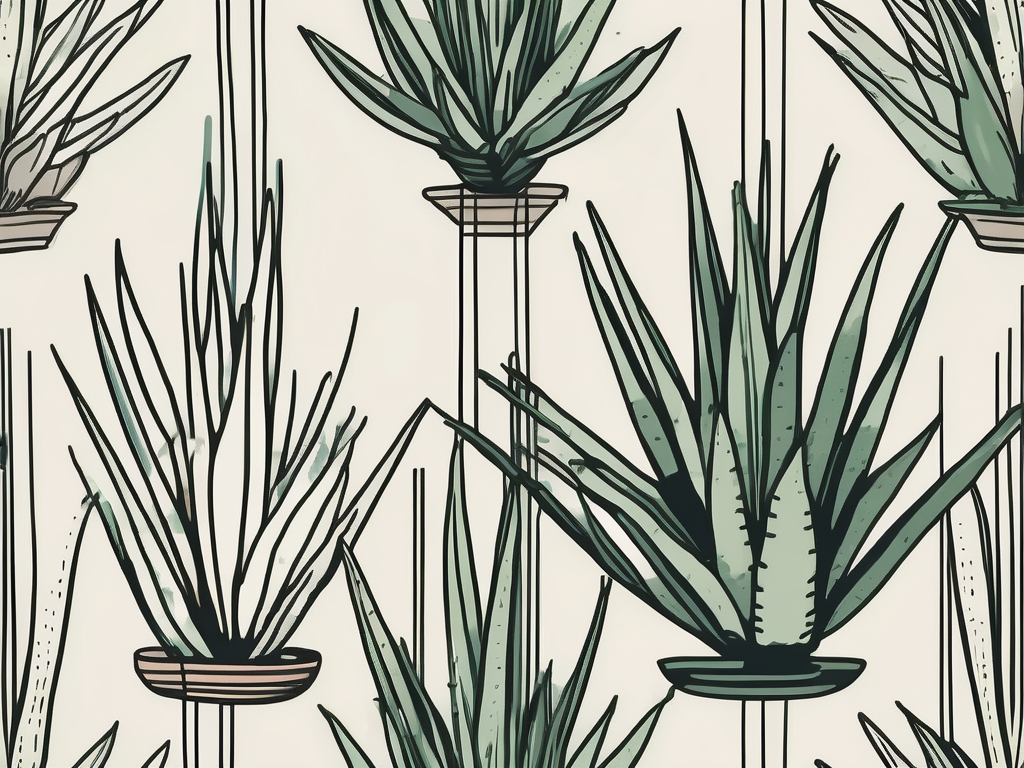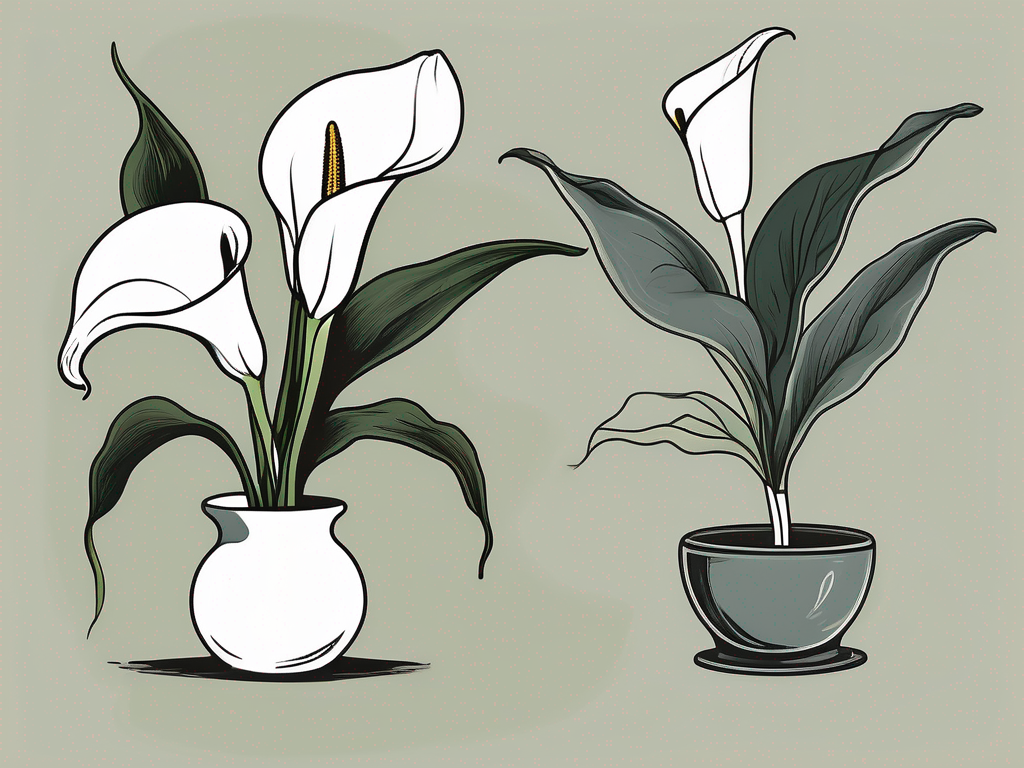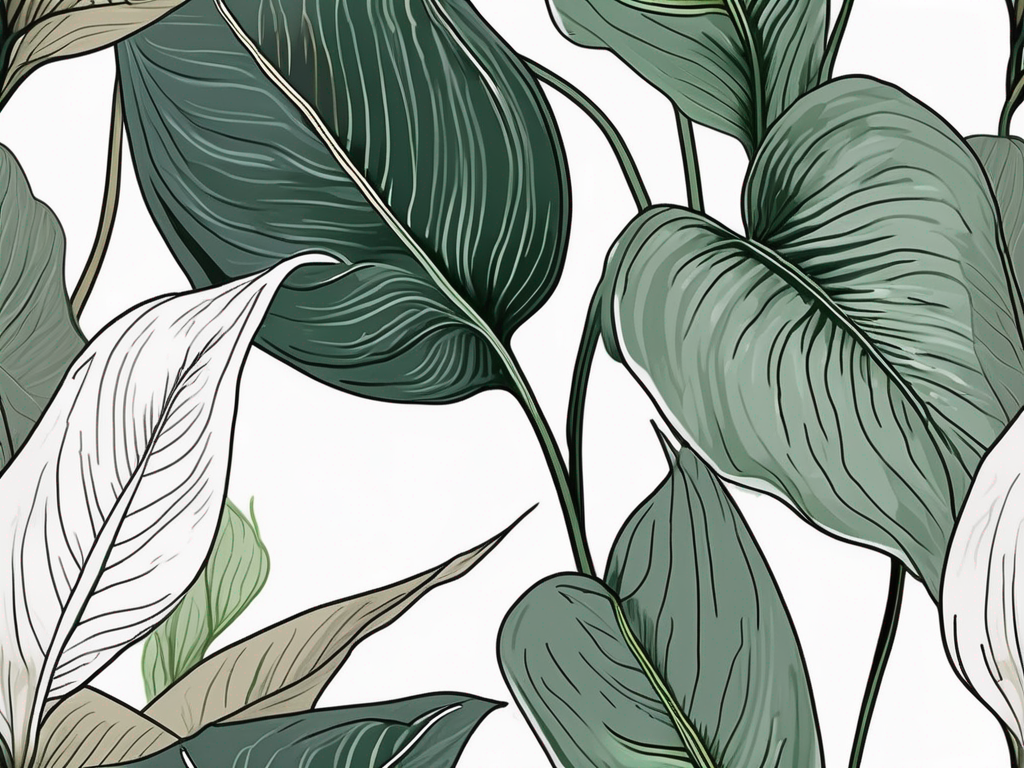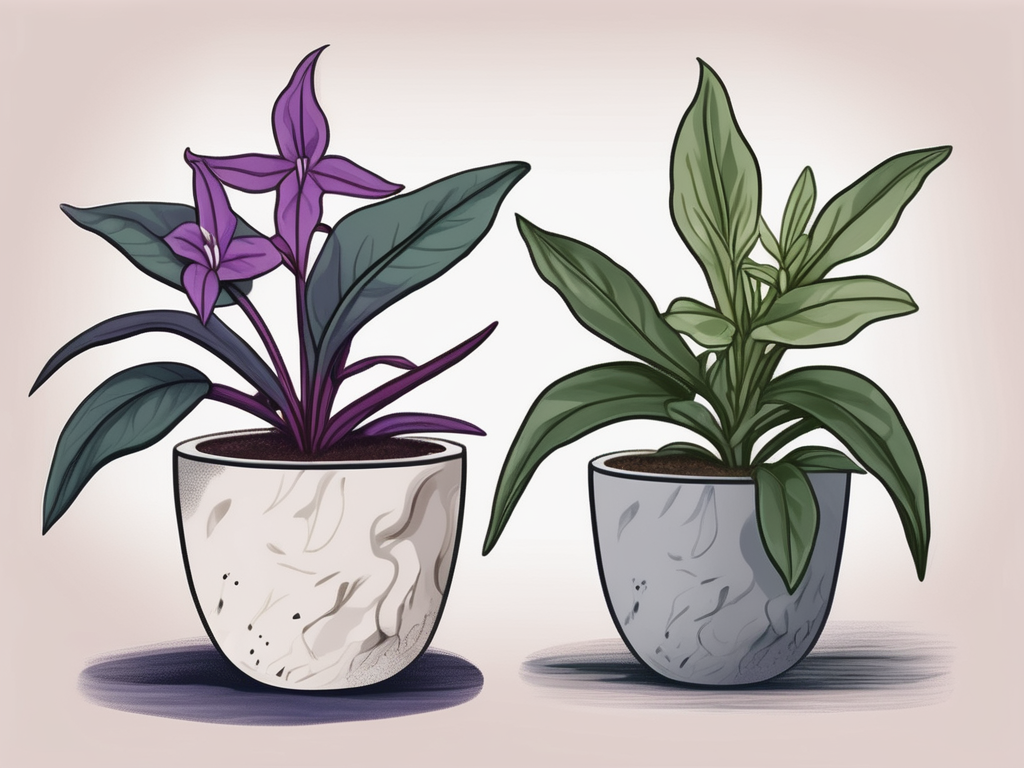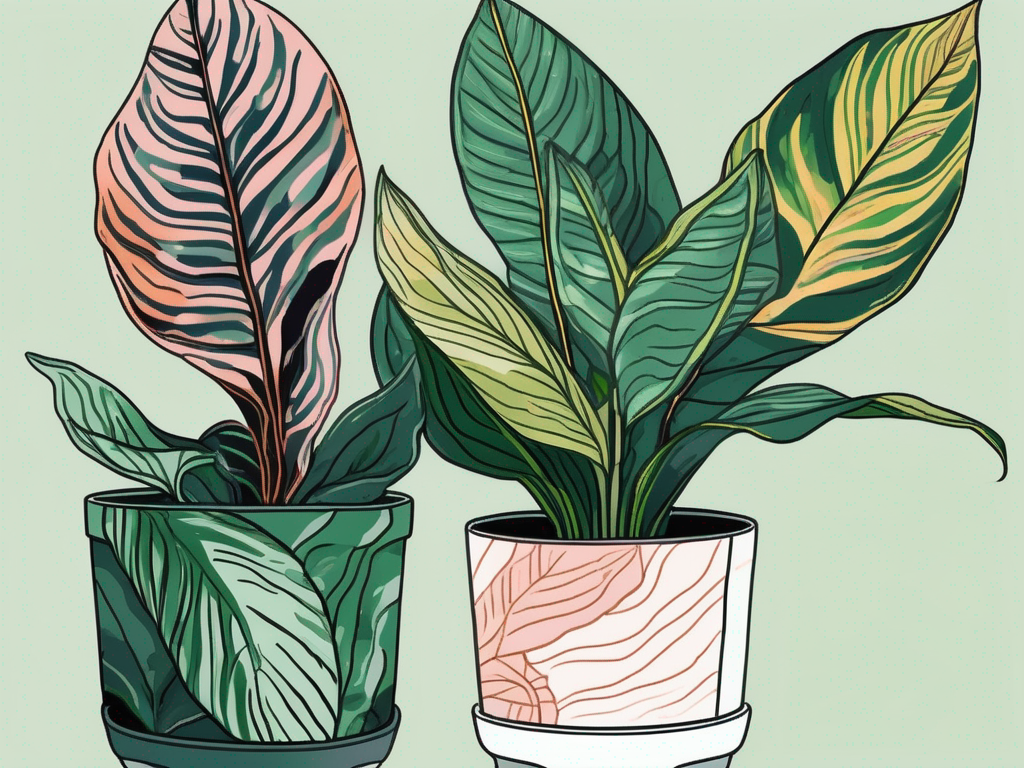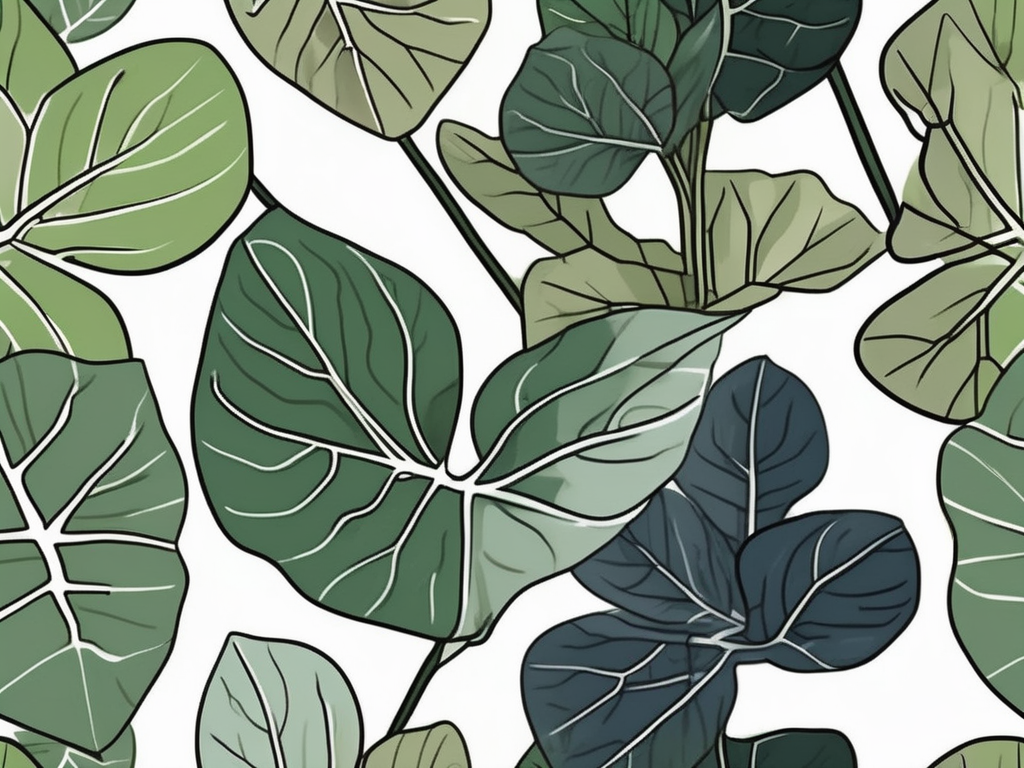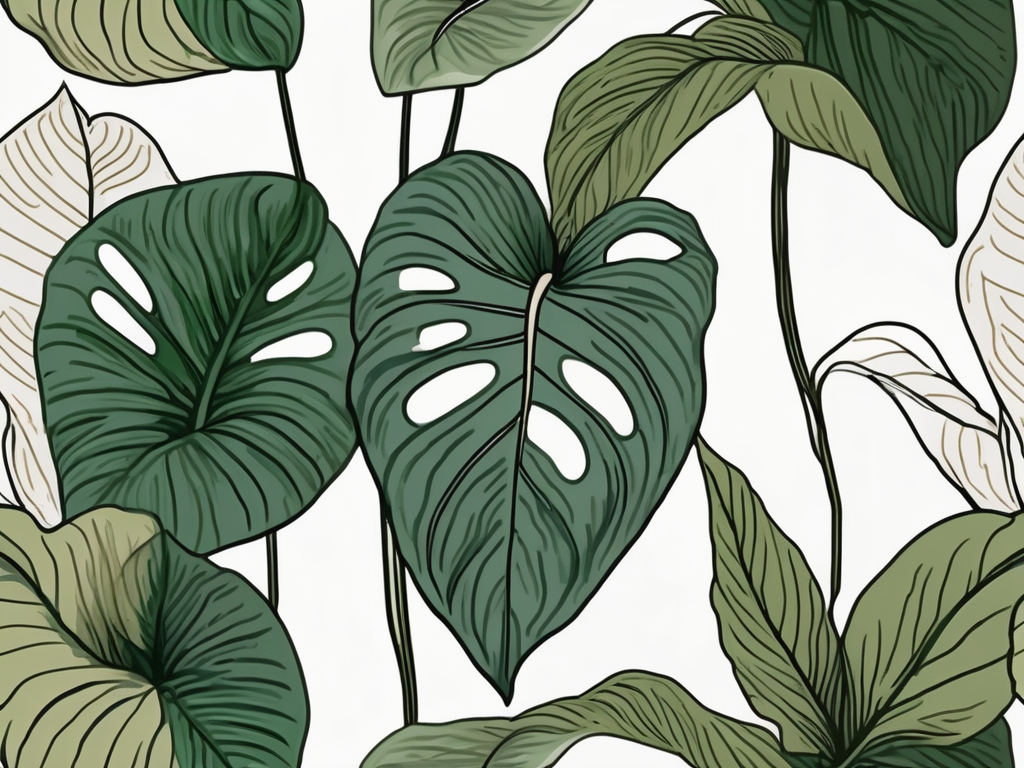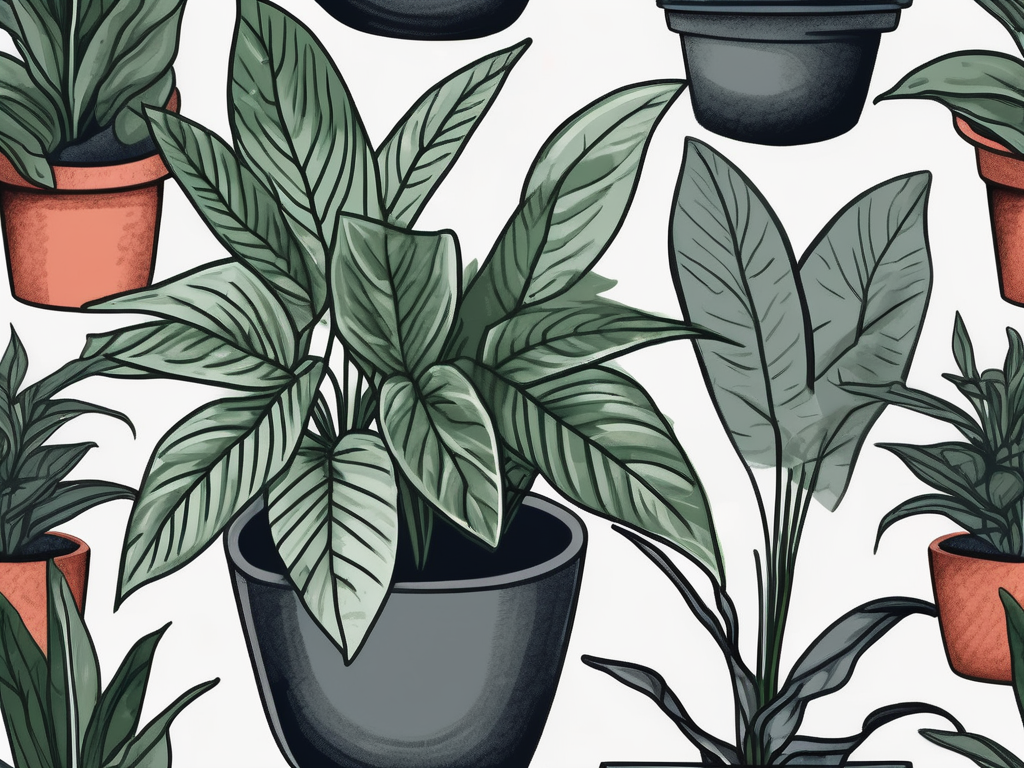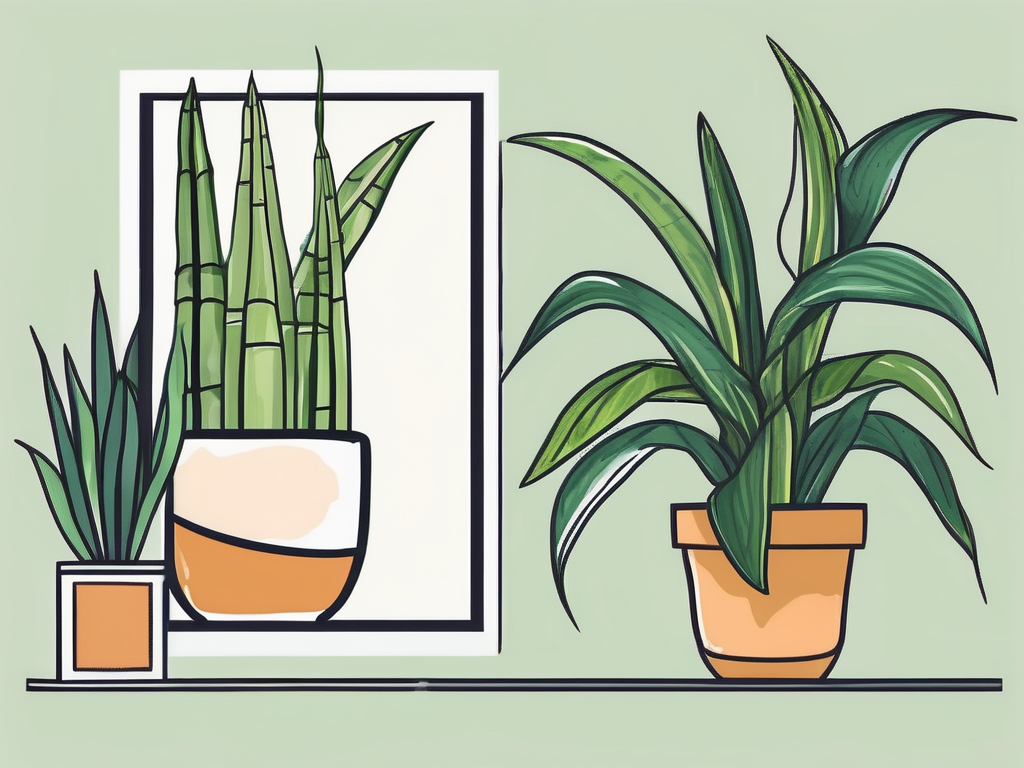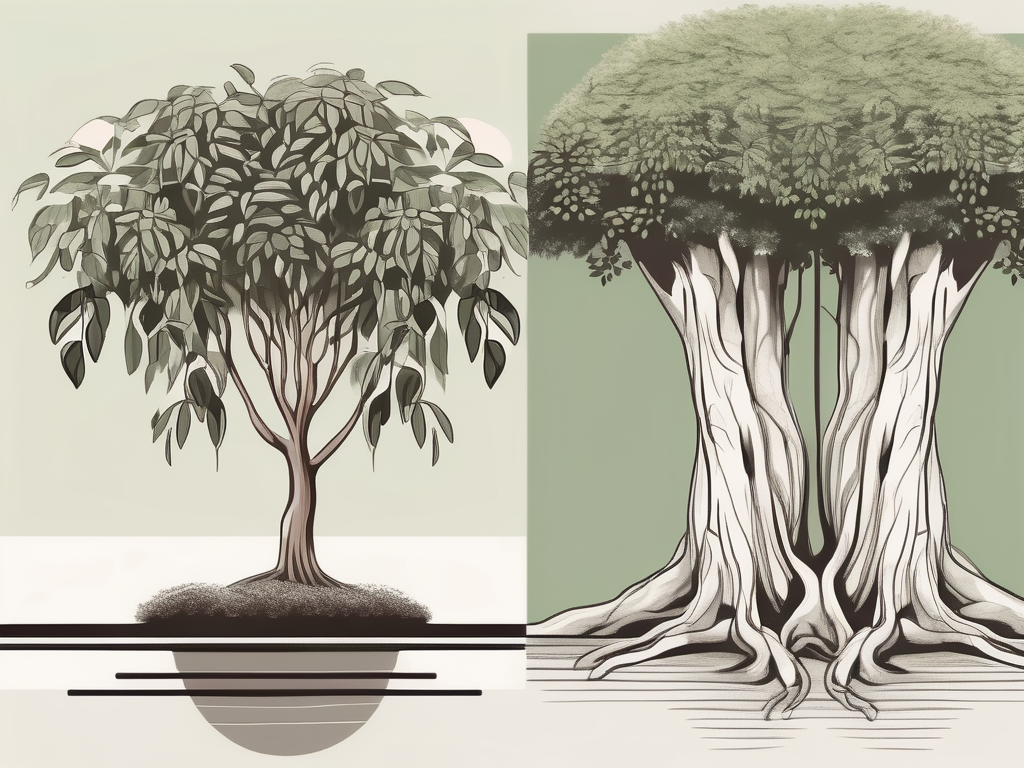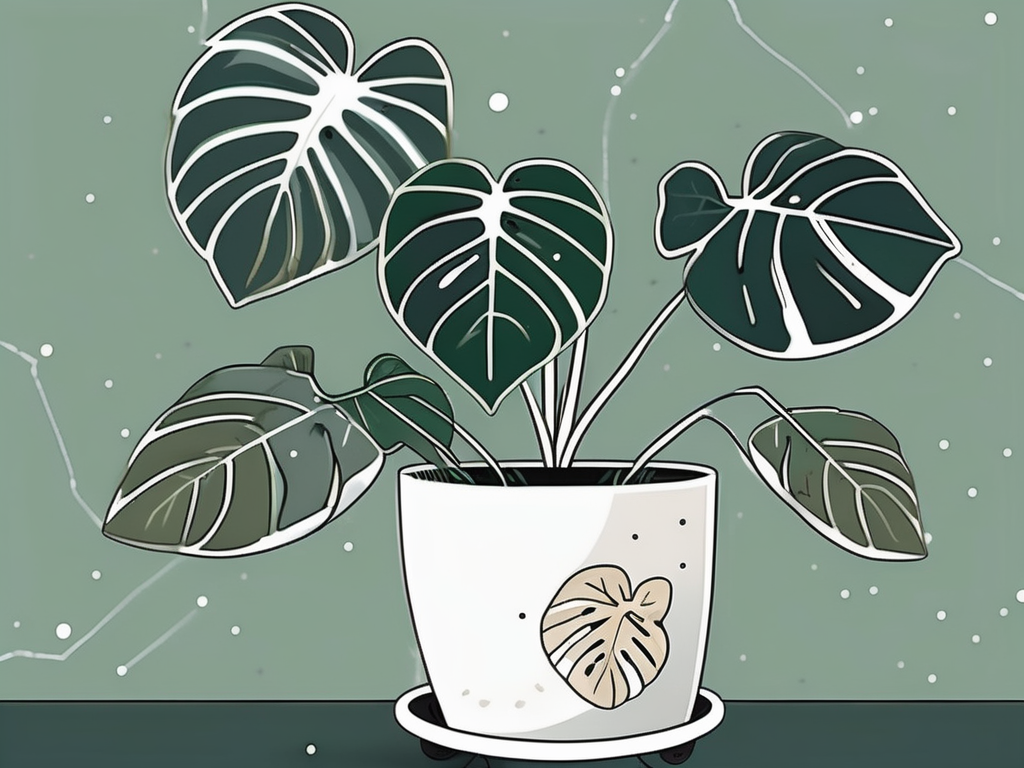
Monstera Thai Constellation is a showstopper. With its striking variegated leaves, it’s no surprise that plant lovers are eager to add this beauty to their collection. But getting the soil right for this plant can make all the difference between a thriving specimen and one that's just hanging on.
In this guide, we'll explore everything you need to know about creating the perfect soil mix for your Monstera Thai Constellation. From understanding the plant's natural habitat to practical tips for mixing your own soil, we’ll cover it all. Let’s get into the nitty-gritty of soil science and how it applies to keeping your Thai Constellation healthy and happy.
Understanding Monstera Thai Constellation's Natural Habitat
Before we jump into soil specifics, it's useful to consider where Monstera Thai Constellation naturally thrives. Originating from the tropical rainforests of Central America, these plants are accustomed to a warm, humid environment. The jungle floor, where monstera plants are typically found, is rich in organic matter with excellent drainage.
Picture a forest floor layered with decomposing leaves, twigs, and other organic materials. This setup allows for constant moisture without waterlogging, providing the perfect balance of air and water. When recreating this environment at home, it’s important to mimic these conditions as closely as possible. This means finding a soil mix that offers both good drainage and adequate moisture retention.
In essence, your goal is to create a soil mix that allows for quick drainage, preventing root rot, while still holding onto enough moisture and nutrients to feed your plant. Sounds simple, right? Let’s break it down further.
Choosing the Right Soil Components
Creating the ideal soil mix for your Monstera Thai Constellation involves selecting the right components. The three primary elements to consider are aeration, moisture retention, and nutrient content. Here’s how each plays a role:
- Aeration: Roots need oxygen to thrive. Soil that compacts easily can suffocate roots, leading to poor growth or even root rot. Ingredients like perlite or pumice are ideal for improving soil aeration.
- Moisture Retention: While good drainage is crucial, a complete lack of moisture can lead to dehydration. Ingredients like peat moss or coconut coir help retain moisture without becoming soggy.
- Nutrient Content: Nutrient-rich soil promotes healthy growth. Compost or worm castings can provide the necessary nutrients for your plant.
By balancing these components, you can create a well-aerated, moisture-retentive, and nutrient-rich soil mix that supports the growth of your Monstera Thai Constellation.
Creating Your Own Soil Mix
If you’re feeling adventurous, you can create your own soil mix tailored specifically to your Monstera Thai Constellation. Here’s a simple recipe to get you started:
- Base Mix: Start with a high-quality potting mix as your base. This will provide a foundation of organic materials and nutrients.
- Aeration Additives: Add about 20% perlite or pumice to improve drainage and aeration. These materials are lightweight and will help prevent soil compaction.
- Moisture Retention: Include 10% coconut coir or peat moss. These materials hold moisture well, ensuring that your plant gets enough water.
- Nutrient Boost: Mix in 10% compost or worm castings. These natural fertilizers will supply your plant with essential nutrients.
Combine these ingredients thoroughly to ensure an even distribution of materials. This mix should provide a well-balanced environment that supports healthy root growth.
Pre-Mixed Soils: What to Look For
If DIY isn’t your style, there are plenty of pre-mixed soils available that cater to specific plant needs. When choosing a pre-mixed soil for Monstera Thai Constellation, look for ones labeled for aroids or tropical plants. These mixes often contain the right balance of ingredients for optimal growth.
Check the bag for ingredients such as orchid bark, perlite, and coconut coir, which indicate good aeration and moisture retention properties. Avoid mixes that contain heavy components like clay, as they can retain too much water and lead to root rot.
Additionally, some brands offer soil mixes with added nutrients or fertilizers. While convenient, be cautious with these as they can sometimes lead to over-fertilization. It’s better to start with a basic mix and add nutrients as needed.
Potting Tips for Monstera Thai Constellation
Once you’ve got your soil mix sorted, it’s time to consider the pot. The right pot can make a big difference in your plant’s health.
- Drainage Holes: Always choose a pot with drainage holes. This allows excess water to escape, preventing waterlogged soil.
- Size: Pick a pot that’s slightly larger than the root ball of your plant. A pot that’s too large can hold too much soil, leading to water retention issues.
- Material: Consider using a terracotta pot. These are porous and allow for additional breathability, which helps prevent root rot.
When potting your Monstera Thai Constellation, gently remove it from its current pot, being careful not to damage the roots. Place it in the new pot and fill in with your chosen soil mix, ensuring it’s evenly distributed around the roots. Water thoroughly and allow it to drain completely.
Watering Considerations
Now that you have the perfect soil and pot, let’s talk watering. Monstera Thai Constellation prefers consistent moisture but doesn’t like to sit in water. Here are some tips to get it just right:
- Check the Soil: Stick your finger about an inch into the soil. If it feels dry at that depth, it’s time to water.
- Water Thoroughly: When watering, make sure to saturate the soil completely. Allow the excess to drain away to avoid waterlogging.
- Seasonal Adjustments: During the growing season (spring and summer), you may need to water more frequently. In the dormant season (fall and winter), reduce watering as the plant’s growth slows.
Remember, it’s always better to underwater slightly than overwater. Overwatering is a common mistake and can lead to root rot, which is much harder to fix.
Signs Your Soil Mix Needs Adjusting
Even with the best intentions, sometimes things don’t go as planned. Here are some signs that your soil mix may need some tweaking:
- Yellowing Leaves: This could indicate overwatering or poor drainage. Consider adding more aeration components to your mix.
- Wilting or Dry Leaves: If your plant seems dehydrated despite regular watering, the soil may not be retaining enough moisture. Adding more coconut coir or peat moss can help.
- Slow Growth: This might suggest a lack of nutrients. Try incorporating more compost or a gentle fertilizer.
Adjusting your soil mix according to these signs can help your Monstera Thai Constellation thrive.
Maintaining Your Soil Over Time
So, you’ve got the perfect soil mix and your Monstera Thai Constellation is thriving. But how do you maintain that success over time? Here’s what you can do:
- Repotting: Aim to repot your plant every 1-2 years to refresh the soil and give the roots more space to grow. This is also a good time to check for any root issues.
- Fertilizing: During the growing season, consider using a balanced liquid fertilizer every month or so to keep your plant well-fed. Be careful not to overdo it, as this can lead to salt buildup in the soil.
- Regular Checks: Keep an eye on your plant’s overall health. If you notice changes in leaf color or growth, it might be time to adjust your care routine.
By keeping up with these maintenance tasks, you can ensure your Monstera Thai Constellation continues to thrive.
Final Thoughts
Getting the soil right for your Monstera Thai Constellation is a rewarding process that can lead to a thriving, healthy plant. By understanding the plant’s natural habitat and choosing the right soil components, you’re setting the stage for success.
At Cafe Planta, we're passionate about helping you care for your plants. Whether you’re looking for a new addition to your collection or some expert advice, we’re here for you. Feel free to email us or send us a DM on Instagram. We believe in the power of plants to connect us with nature and each other.

